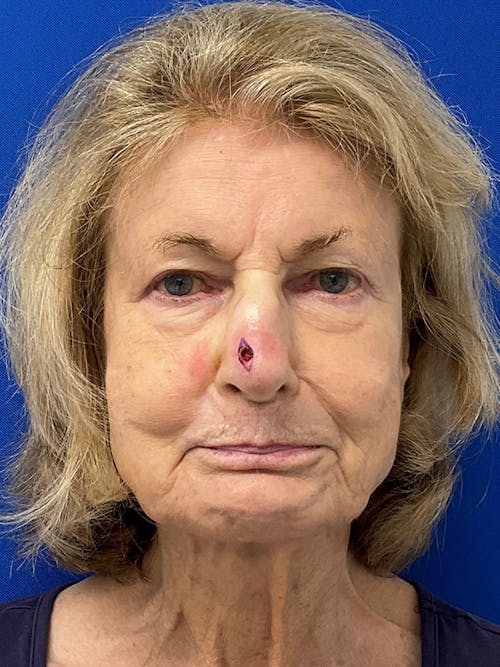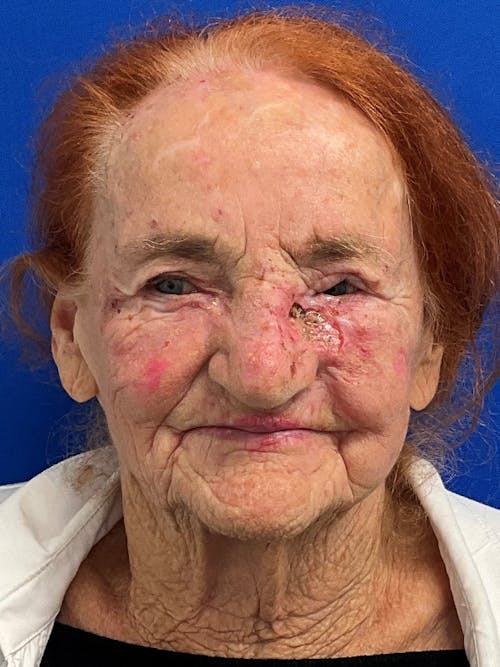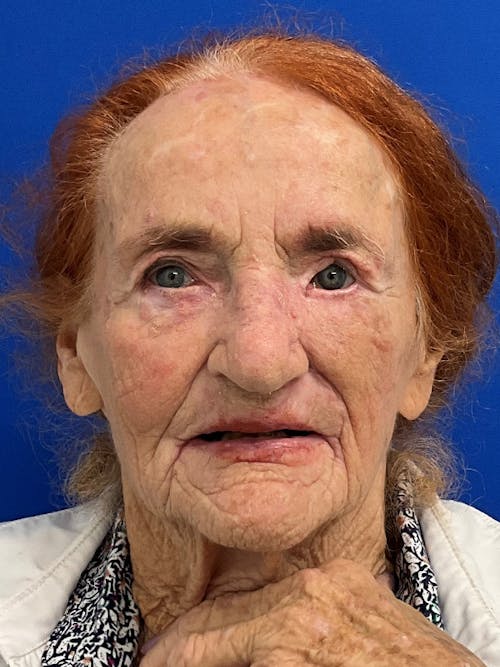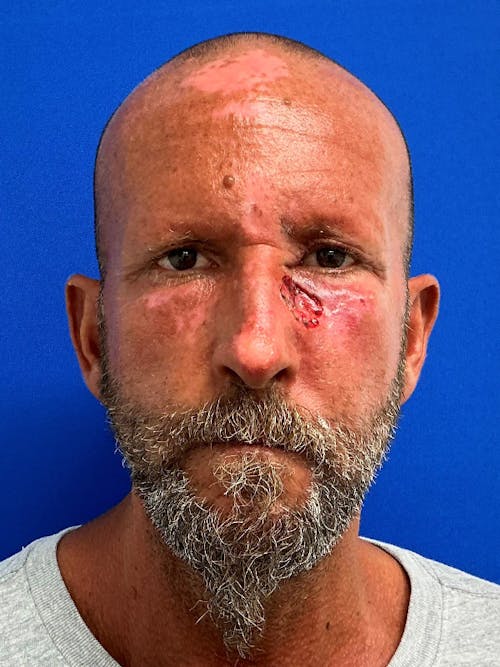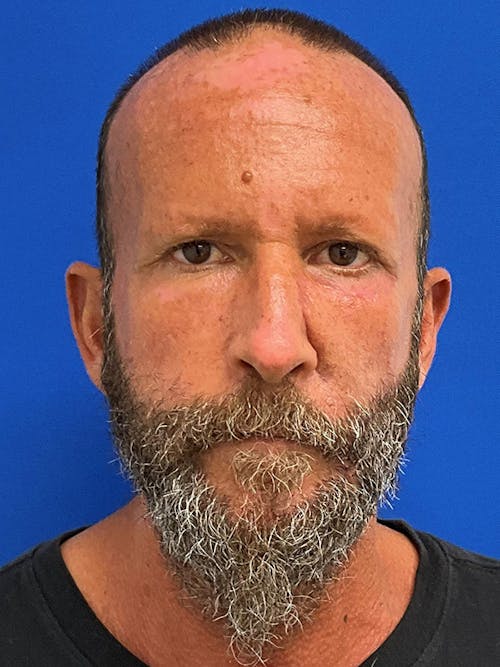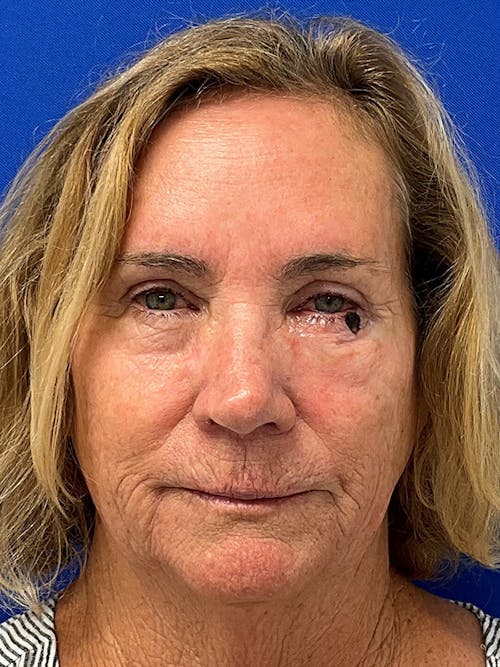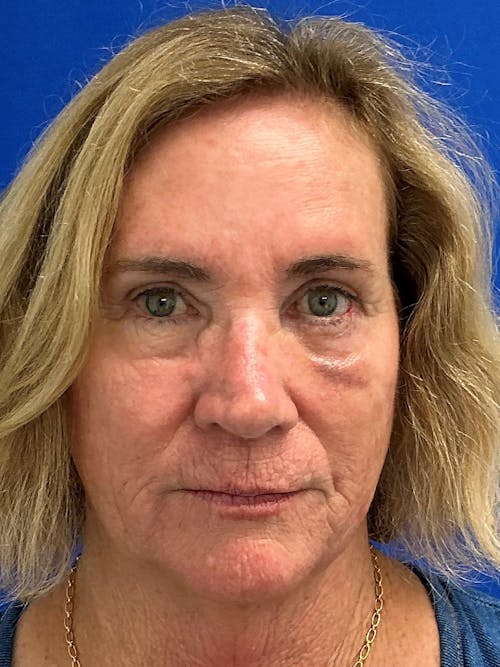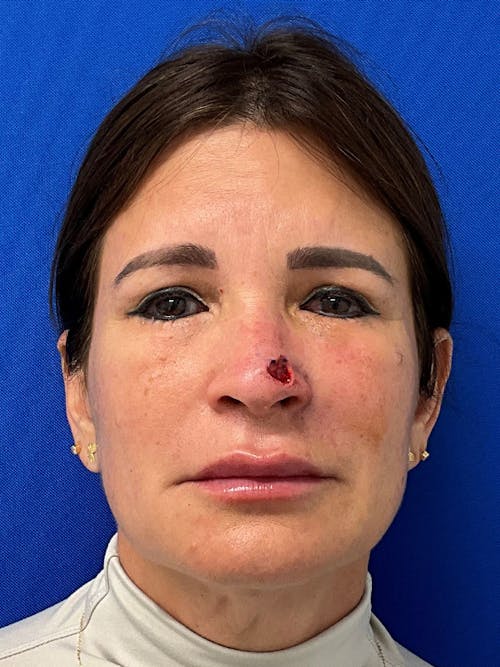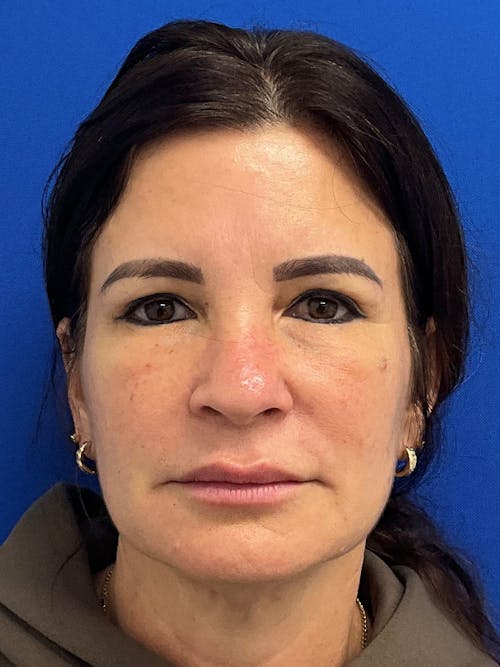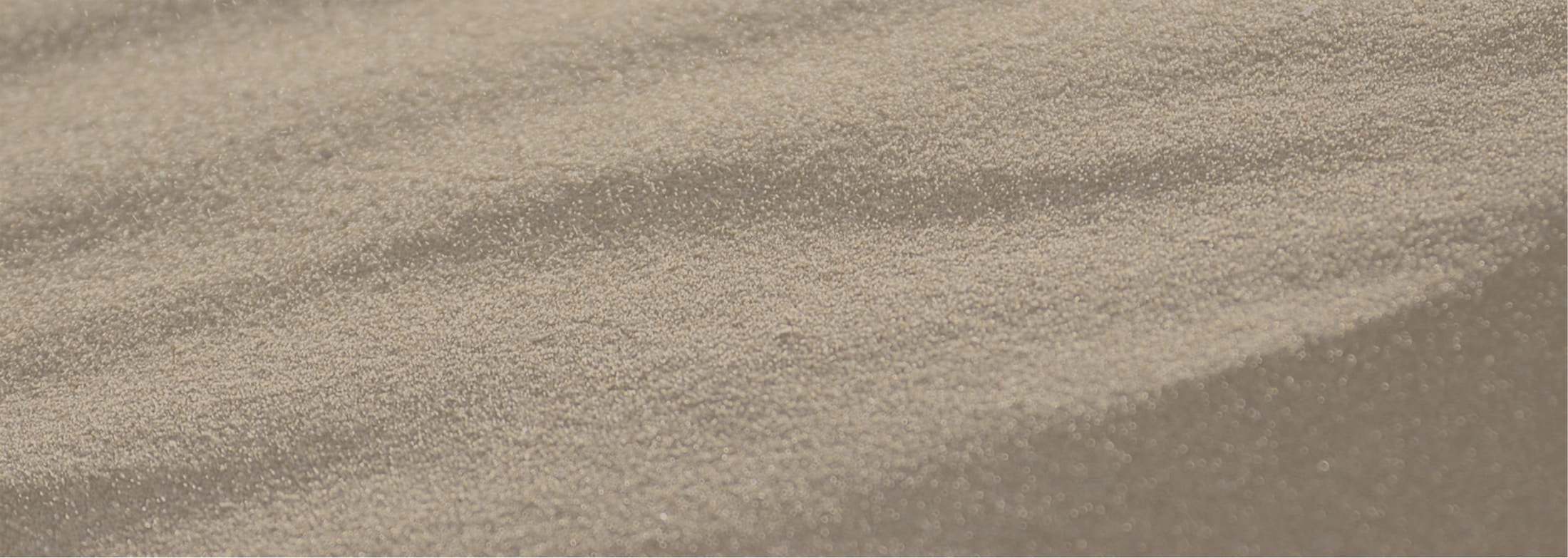Restoring form and function after skin cancer treatment requires technical excellence, artistic precision, and a compassionate approach to care.
What Is Post-Mohs Reconstruction?
- Elite expertise: Dr. Davidson is a nationally recognized leader in reconstructive surgery, with fellowship training in craniofacial reconstruction and extensive experience across multiple anatomical regions.
- Hospital-based safety: All procedures are performed in a fully equipped, state-of-the-art surgical facility with comprehensive monitoring and emergency readiness.
- Concierge patient experience: From initial consultation to final follow-up, our team ensures a seamless, supportive experience tailored to your needs.
- Natural results: We strive to preserve your unique appearance and provide subtle, confident outcomes that reflect the highest standards in reconstructive surgery.





